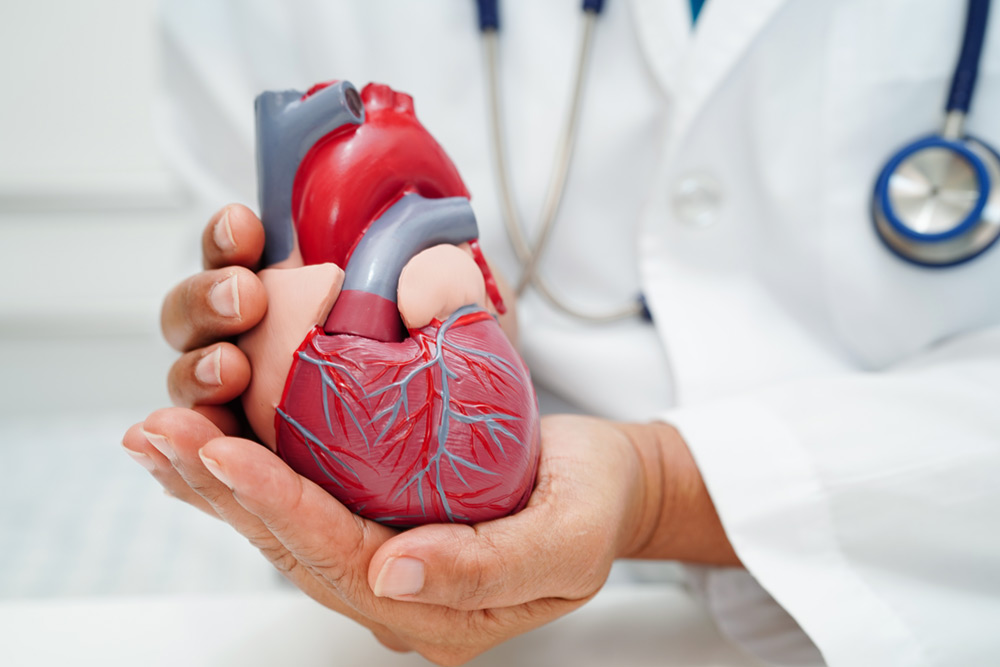On average, your heart beats 100,000 times a day. That makes it the hardest-working organ in your body. Its health and proper functioning are essential to your continued well-being. A heart ailment can be a life-threatening matter. That is why regular cardiac checkups are essential for all adults. In the past, heart ailments came with advancing age. Today, an increasing number of young people are suffering from cardiac disorders.
Heart disease is the leading cause of death worldwide. Even if a recent scheduled health checkup did not find any cardiac issues of concern, there are some factors that should not be ignored and which should result in a consultation with a cardiologist without delay.
Being a hypochondriac is unhealthy. That said, it is unwise to ignore the signs and symptoms of possible health issues, especially those that could be very serious. Delay can turn a manageable or curable condition like a heart ailment into a life-threatening one. If any symptoms or factors listed here apply to you, irrespective of gender or age, you should consult a cardiologist so that steps can be taken to control or cure the problem. Because of the great advances being made in cardiology and the new treatment protocols regularly becoming available, it is best to go to a hospital with a cardiology department that has the best cardiologists and the most advanced diagnostic and treatment facilities. Since cardiac problems may be associated with other health concerns, a multispecialty hospital is the right place to go to because the inputs of specialists from other medical fields will be available, if required, to enhance the quality of the treatment.
All about Angioplasty
Frequently Asked Questions (FAQs)
-
When should I visit a cardiologist for the first time?
You should consult a cardiologist if you experience symptoms such as chest pain, shortness of breath, dizziness, or irregular heartbeat. Even without symptoms, adults above 30–35 years should have a routine cardiac checkup, especially if they have high blood pressure, diabetes, or a family history of heart disease.
-
What are the early warning signs of heart disease?
Common early signs include chest discomfort, fatigue, shortness of breath, palpitations, and swelling in the legs or feet. Ignoring these could lead to severe complications such as heart attacks or heart failure.
-
Should I see a cardiologist if I have high blood pressure or cholesterol?
Yes. Hypertension and high cholesterol are key risk factors for stroke and heart attack. A cardiologist can evaluate your arterial health, suggest lifestyle changes, and prescribe medications or stress tests to prevent complications.
-
How does diabetes increase the risk of heart disease?
Uncontrolled blood sugar levels damage blood vessels and lead to atherosclerosis (plaque buildup in arteries). This increases the risk of coronary artery disease and heart failure. A cardiologist and diabetologist can work together to create a comprehensive heart protection plan.
-
Can lifestyle factors like smoking and inactivity affect my heart health?
Yes. Smoking, alcohol, drug use, and sedentary lifestyle directly affect heart function and increase the risk of blocked arteries, arrhythmias, and stroke. A cardiologist can guide you through a smoking cessation plan and safe exercise routine to restore heart health.
-
How are kidney disease and heart health connected?
Chronic kidney disease often leads to high blood pressure and arterial stiffness, increasing cardiovascular risk. Regular cardio-renal monitoring helps in early detection and management of both conditions.
-
What tests will a cardiologist recommend for heart checkup?
Depending on your condition, the cardiologist may suggest ECG, 2D Echo, Treadmill Test (TMT), lipid profile, CT coronary angiogram, or cardiac MRI to evaluate heart function and blood flow.

